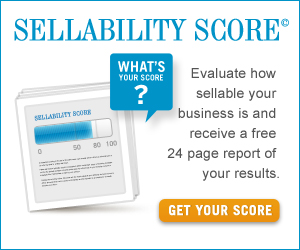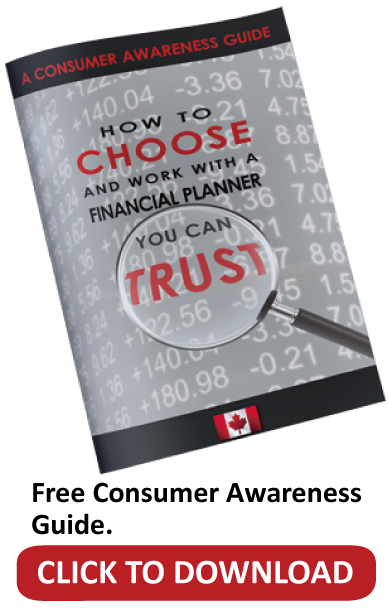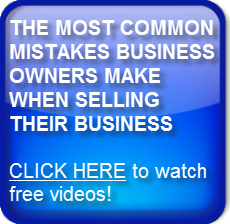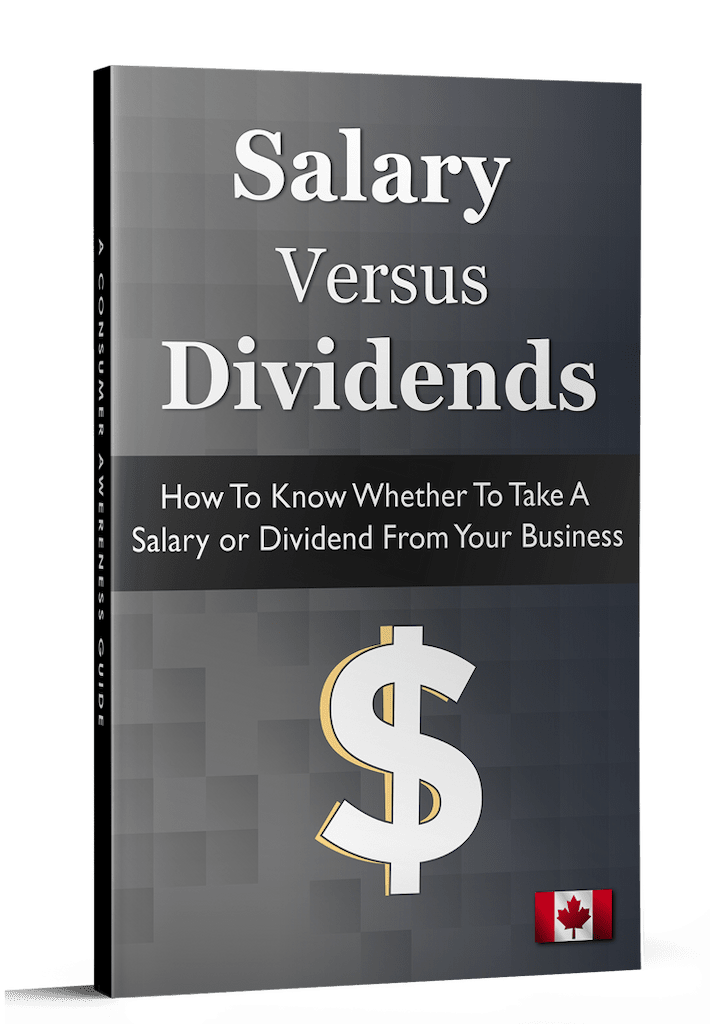Republished with permission from Built to Sell Inc.
 The majority of businesses in Canada today started out as service companies. If you want to own a web design firm, you didn’t need a lot of money, just a technical knack. Enterprising professionals who know how to get the media’s attention can start their own pubic relations firms without much more than a mobile phone. No capital required.
The majority of businesses in Canada today started out as service companies. If you want to own a web design firm, you didn’t need a lot of money, just a technical knack. Enterprising professionals who know how to get the media’s attention can start their own pubic relations firms without much more than a mobile phone. No capital required.
But if you want to build a valuable company – one you can sell – you’ll want to stop presenting yourself as a service firm. Consultancies are not usually valuable businesses, because acquirers generally view them as a collection of people who peddle their time on a hamster wheel. The typical way to sell a consultancy is for the consultants themselves to trade their equity for a job, in the form of an earn-out that may or may not have an upside.
If you want to build a valuable company consider re-positioning your business out of the ‘consultancy’ box. Depending on your business, you may need to change your business model and ‘productize’ your service. One of the first things to do is to stop using consulting company terminology and replace it with the terminology of a valuable business:
Consultancy
Defining your company as a ‘consultancy’ will announce to the market you are a collection of people who have banded together around an area of expertise. Consultancies rarely get acquired, and when they do, it is usually with an earn-out. Replace ‘consultancy’ with ‘business’ or ‘company’.
Engagement
An engagement is something that happens before two people get married; therefore, using the word in a business context reinforces the people-dependent nature of your company. Replace the word ‘engagement’ with ‘contract’, and you’ll sound a lot more like a business with some lasting value.
Deck
A deck is a place to have a glass of wine. It’s not a word to use to describe a PowerPoint presentation unless you want to look like a ‘consultancy’.
Consultant
Instead of describing yourself using the vague term ‘consultant’, describe what you consult on. If you are a search engine optimization consultant, who has developed a methodology for improving a website’s natural search performance, say you ‘run an SEO company’ or ‘help companies improve their ranking on search engines, such as Google’.
Deliverables
Consultants promise ‘deliverables’. The rest of the world guarantees the features and benefits of their product or service.
Associate, engagement manager, partner
If you refer to your employees with the telltale labels of a consultancy, consider replacing ‘associate’, ‘engagement manager’ and ‘partner’ with titles like ‘manager’,” ‘director’ and ‘vice-president’, and you’ll reduce the chance of your customers expecting a bill calculated at 10-minute increments.
Clients
The word ‘client’ implies a sense of hierarchy in which service providers serve at the pleasure of their client. Companies with ‘clients’ are usually prepared to do just about anything to serve their clients’ needs, which sounds great to clients, but also telegraphs to outsiders that you customize your work to a point where you have no leverage or scalability in your business model. Would your ‘clients’ really care if you started referring to them as ‘customers’?
It’s easy to get stuck in a low-growth consulting company. ‘Clients’ expect to deal with a ‘partner’ on their ‘engagements’, so the business stalls when the partners run out of time to sell. If a company ever decides it wants to buy your consultancy, acquirers will know they have to tie up the partners on an earn-out, to transfer any of the value. When it comes to the value of your business, optics matter and the first step in avoiding the consulting company valuation discount is to stop using the lingo.
Financial planning for business owners is different. Following the same traditional financial planning methods appropriate for your employees will lead you down the wrong path. Your business is where your wealth is and planning how to access that wealth when it comes time to retire is key.
Wondering if you have a sellable business? The Sellability Score® is a quantitative tool designed to analyze how sellable your business is. After completing the questionnaire, you will immediately receive a Sellability Score out of 100 along with instructions for interpreting your results.
Take the Quiz here: The Business Sellability Audit
Why not find out now if your business is sellable?
This free online tool is the only no-risk step you can take to determine if your business is ready to get full value. Fast-track your analysis by taking advantage of this free, no-obligation free online tool.
This Sellability Score you instantly receive is a critical component to any business owner’s complete financial plan and is something that, until now, we have only made available to existing clients.
However, we recognized that there is value in knowing in advance of working with a financial planner whether or not your largest asset is ready to be exchanged for your retirement nest egg. Our view is that you are better to learn more about your businesses sellability today and find out how your business scores on the eight key attributes so that you can ensure you obtain full value.
If your business part of your retirement plan, finding out your sellability score will be the best 10 min. you could ever spend working “on” your business.
 For more free information on Creating A Business Owner’s Dream Financial Plan, you can listen to a free, eight part series we did exclusively for business owners. The show is also available to subscribe to for free via iTunes.
For more free information on Creating A Business Owner’s Dream Financial Plan, you can listen to a free, eight part series we did exclusively for business owners. The show is also available to subscribe to for free via iTunes.


















